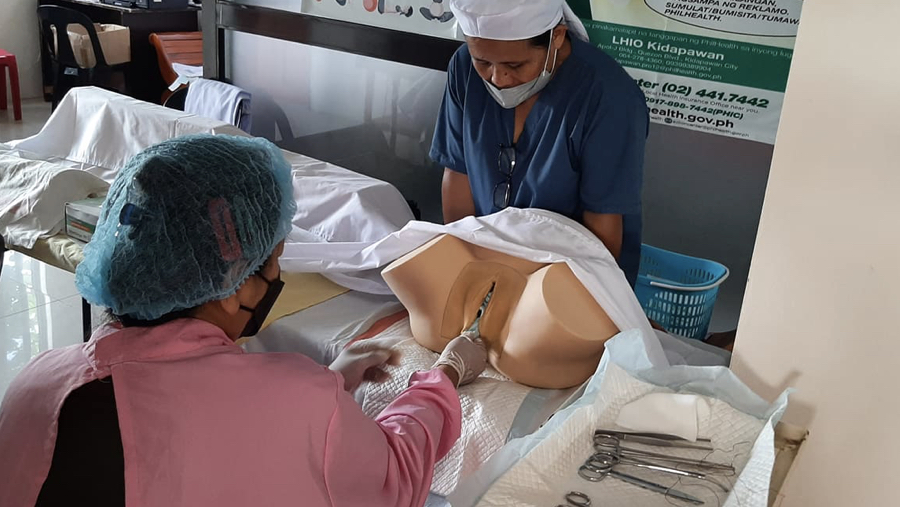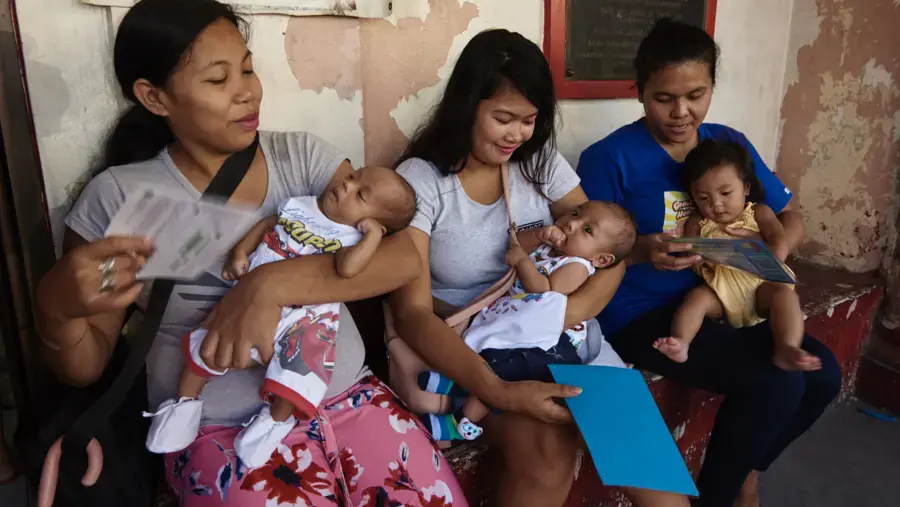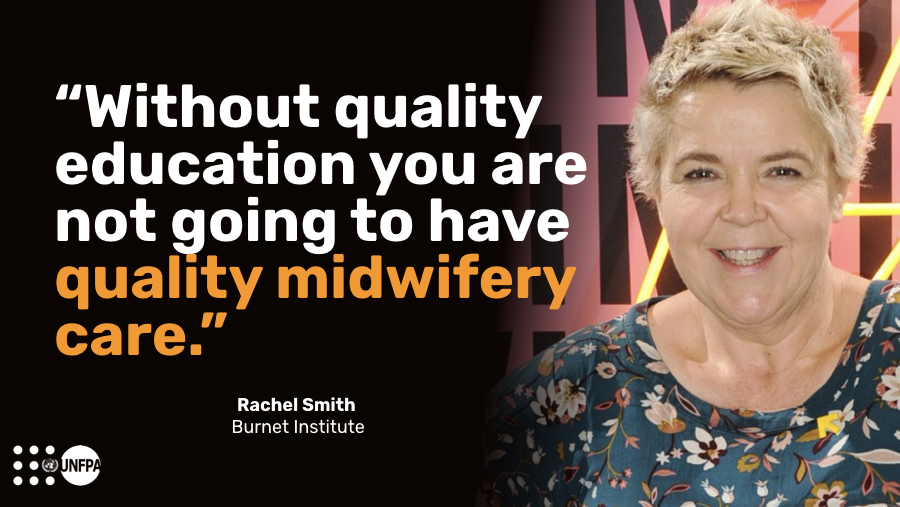Profile: Maria Teresa Padilla from the Philippines
“We need to upgrade the quality and the competencies of our midwives”
Maria Teresa Padilla works as a midwife educator in the Philippines and leads the Association of Philippine Schools of Midwifery. During the pandemic she attended the Faculty Development Program, an online course to strengthen midwifery education, led by UNFPA APRO in partnership with the Burnet Institute . When she completed the course, Maria Teresa took the initiative to get it adapted and rolled-out through midwifery faculties in the Philippines.
Maria Teresa says training midwives to meet the international standards of the ICM is a challenge for educators in the Philippines. “We need to upgrade the quality and the competencies of our midwives here in the Philippines in our training,” she says. “The end goal is that all midwives should be ready to provide safe, quality, competent, compassionate care to mothers and children.”
Maria Teresa led the process of adapting the regional faculty development curriculum and looked for ways to make it work in the Philippines. She applied for the training to be recognized nationwide as a credential course so attendees earn a credit as a continuing professional development unit.
“The end goal is that all midwives should be ready to provide safe, quality, competent, compassionate care to mothers and children.”
She says they tried to keep the model of the regional course, using smaller discussion groups. “We adopted the strategy of having a breakout room so that we will have our interactive discussion with the participants,” she says. “ We limited our participants to 60 participants so that we can have close interaction. Break out groups did not go beyond 15 people so that we can have interactive discussion about their insights and experiences of the topics discussed every session.

Each session opens with a 15-25 minute lecture and then an interactive group discussion and then another smaller group chat. Google forms were used to present core questions and platforms like Facebook and Whatsapp were used for group engagement. The completion of the formal assignments was essential for participants to get credit for the course. More than 120 midwife and healthcare educators have completed the modules from around the country.
“We are producing the future midwives here in the Philippines for our country. They can also be employed around the world; it is our responsibility to upgrade the competencies of the faculty members for transfer-of-learning to them.”
Maria Teresa says the course equips faculty members with competencies in teaching like how to prepare a syllabus and resource units as well as preparing their skills for being effective educators. “The training from UNFPA plays a crucial role in preparing our faculty members on how to teach, and how to integrate concepts that will enrich the knowledge and the skills of our midwife students,” she says. “It has a profound impact on the faculty members because they are equipped with the skills on how to prepare and how to approach our students' learning through different strategies.”
She says the international roles that Fillipina midwives play with jobs overseas only increases the importance of good training. “We are producing the future midwives here in the Philippines for our country,” she says. “They can also be employed around the world; it is our responsibility to upgrade the competencies of the faculty members for transfer-of-learning to them.”
Learn more
https://asiapacific.unfpa.org/en/publications/policy-brief-quality-midw…
https://internationalmidwives.org/our-work/policy-and-practice/global-s…
https://www.thelancet.com/series/midwifery
https://burnet.edu.au/news/1387_virtual_course_improves_midwifery_educa…



